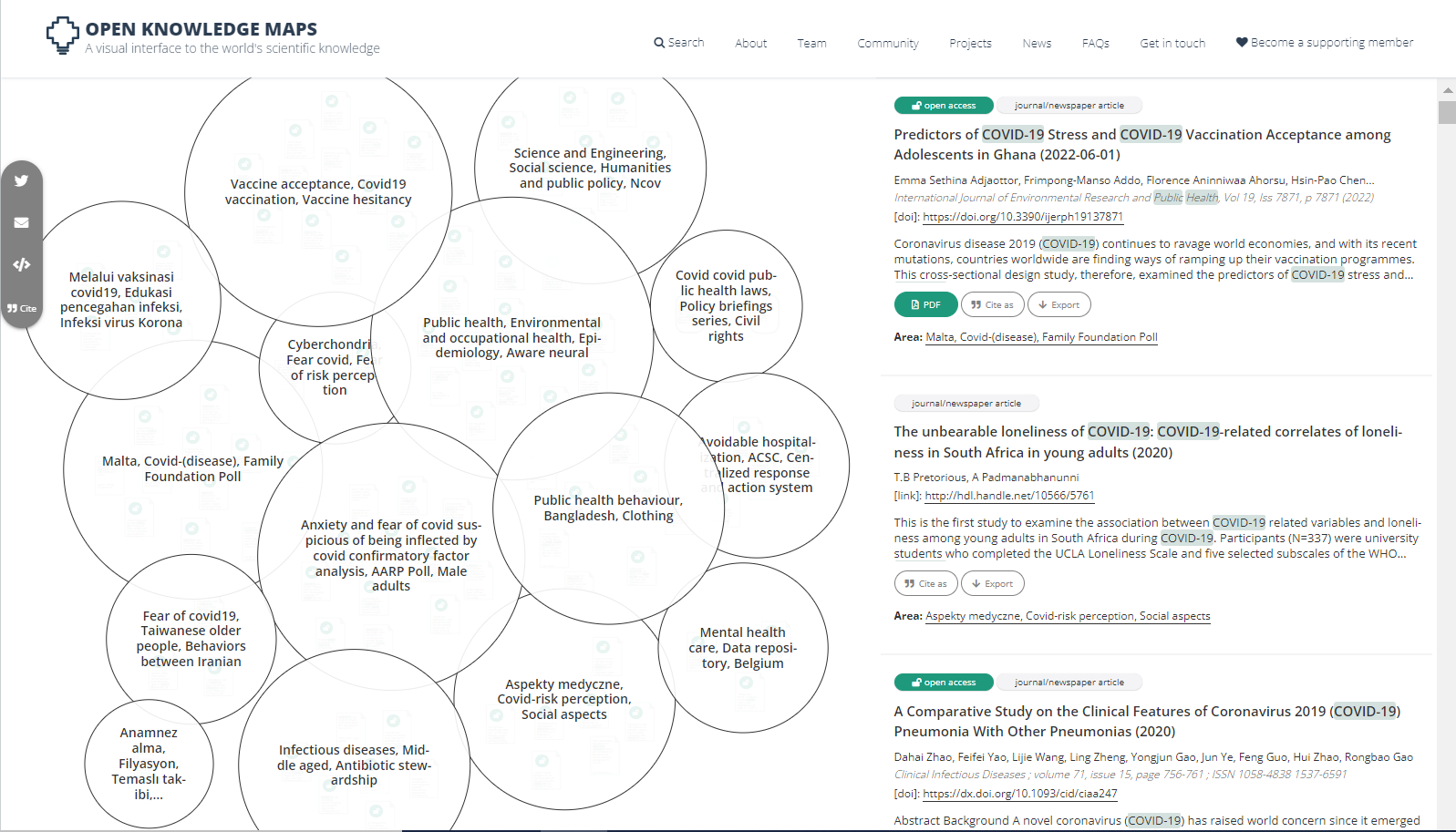
How often do you Google information? One of the best search engines in the world is indispensable to our daily lives, especially for university students swamped with course readings and assignments. A few keywords in the search bar — and voilà — the results link you to endless facts and suggestions on a particular topic.
Google might win the popular vote, but it’s far from the only resource on the internet for aspiring scholars. How you find sources for assignments matters just as much as the information you get. For that, there’s no better way to dive into your subject through search engines optimised for academic research — it’s part of developing your critical thinking skills while sharpening your eyes on fact-checking to spot fake news.
If you’re ready to up your searching game, make sure to bookmark this list for future references:

Where you get your information from matters just as much as the material. Using academic search engines eliminates questionable sources in your paper. Source: Philippe Lopez/AFP
Best search engines to use in academia
WorldCat.org
If you’re familiar with Google Scholar or JSTOR, you might’ve encountered this nifty website through your university library. WorldCat.org prides itself on being the world’s largest network of library content and services.
You can use WorldCat.org through your student library account to unlock an endless treasure trove of knowledge. It works by directing you to collections of more than 10,000 libraries globally, including the prestigious Bodleian Library at the University of Oxford and The Library of Congress.
WorldCat.org grants you access to various formats in its catalogue, such as old VHS tapes and downloadable musical scores — all of which are primary sources that enhance your research quality considerably.
Semantic Scholar
Need a more precise and analytical method to interpret your sources? Semantic Scholar is your answer.
Powered by the Allen Institute for Artificial Intelligence (AI), this free search engine harnesses sophisticated AI and machine learning techniques to augment its discovery tools. It has a function that extracts meaning and connects the dots between papers, so it’s handy for data interpretation.
You can also say goodbye to confusion in navigating advanced search tools and wordy texts on the screen. Visually, it’s one of the best academic search engines with a user-friendly interface that uses a simple but vibrant design. The easy-to-follow tutorials are a plus to help you maximise your search on the website.
Ecosia
Would you like to plant a tree with every search? Ecosia‘s unique philosophy lands it on our best search engines list: it’s a social business founded on the principle that everyone can combat climate change, even with a click.
Ecosia channels the ad revenue it makes to support reforestation projects that aim to neutralise carbon dioxide emissions. According to the website, it has planted over 154 million trees worldwide, from Mount Bamboutos in Cameroon to restoring Indonesian forests in former oil plantations.
Its green initiatives aside, Ecosia is ideal for students as it can be added as extensions to default browsers, with an app version for your mobile devices. Environmental sciences students can rejoice: its blog regularly updates the latest scoop in the eco world, so you’re always in the loop on current climate action news.

Ecosia uses revenue from ads to support reforestation projects worldwide, and can be easily added as an extension on your default browser. Source: Nipah Dennis/AFP
Open Knowledge Maps
Scientific journals don’t have to be dry and dull, and developers of this search engine astutely understand the power of visual learning. Instead of getting results in lines of text, it gives you a map with an overview of the 100 most relevant documents related to your search query. The algorithm then groups them together in circles based on the number of common words they have.
It’s one of the best search engines vetted by researchers from prestigious schools like ETH Zurich and Harvard University. The best part? There’s an automatic citation generator for each document you click on, saving you time when formatting your references correctly.

Open Knowledge Maps visualises your search queries by grouping scholarly articles together based on recurring words and phrases. Source: Open Knowledge Maps
COnnecting REpositories (CORE)
CORE is a not-for-profit service with the aim of becoming the world’s largest aggregator of open-access journals and peer-reviewed papers on the web. It has over 200 million scholarly articles gathered from 11,000 data providers, connecting you with multiple research repositories from universities across the world.
If you’re tired of pesky paywalls blocking access to papers you need, you can add the CORE Discovery extension to either Google Chrome, Mozilla Firefox, or Opera for free. This handy feature searches for an accessible copy elsewhere, so you don’t have to scramble for it on your own.










